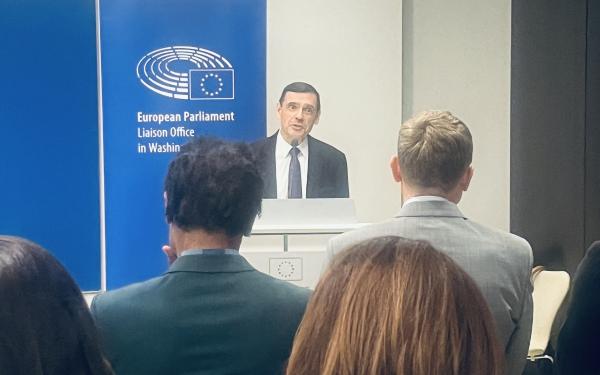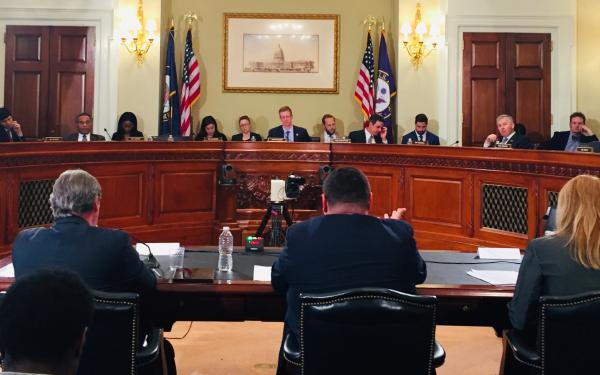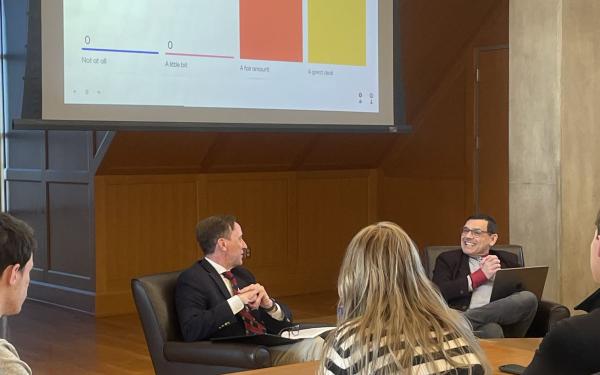Based in Columbus, Ohio, IDEA extends its impact from our campus to communities across the U.S. and around the world. We bring cutting-edge research and real-world solutions to all levels of government, partnering with public and private organizations to foster trust in democratic institutions.
Explore our programs to discover how we are strengthening civic life and expanding democratic engagement locally, nationally, and internationally.




